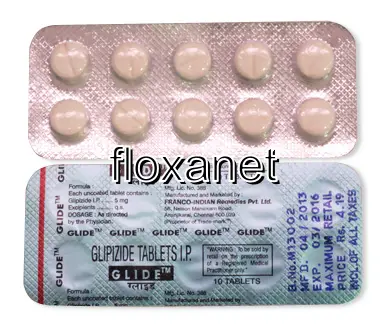| Package | Dosage | Price | Price per Dose | |
|---|---|---|---|---|
| Dosage: 5mg | ||||
| 360 pill | 5mg | €139.83 | €0.39 | |
| 240 pill | 5mg | €101.05 | €0.42 | |
| 180 pill | 5mg | €78.72 | €0.43 | |
| 120 pill | 5mg | €56.39 | €0.47 | |
| 90 pill | 5mg | €45.82 | €0.51 | |
| 60 pill | 5mg | €31.72 | €0.53 | |
| 30 pill | 5mg | €16.44 | €0.55 | |
| Dosage: 10mg | ||||
| 360 pill | 10mg | €206.81 | €0.58 | |
| 240 pill | 10mg | €152.76 | €0.63 | |
| 180 pill | 10mg | €124.55 | €0.69 | |
| 120 pill | 10mg | €94.00 | €0.79 | |
| 90 pill | 10mg | €79.90 | €0.88 | |
| 60 pill | 10mg | €55.22 | €0.93 | |
| 30 pill | 10mg | €30.54 | €1.00 | |

Glipizide Description
Overview of Glipizide
Glipizide is an oral medication widely prescribed for the management of type 2 diabetes mellitus. It belongs to the class of drugs known as sulfonylureas, which act by stimulating the pancreas to produce more insulin. Proper regulation of blood sugar levels is essential for diabetics to avoid complications, and Glipizide has proven to be an effective tool in achieving this goal. Many patients find the medication beneficial when used under medical supervision, contributing to improved quality of life and better overall health outcomes.
How It Works
This medication works primarily by binding to specific receptors on the pancreatic beta cells. This binding triggers the release of insulin, a hormone that helps lower blood glucose levels. Unlike insulin injections, Glipizide is taken orally, making it a convenient option for many users. It’s typically recommended for patients who cannot control their blood sugar through diet and lifestyle changes alone. The drug’s efficacy depends on the pancreatic function remaining sufficiently intact, which is why it’s often used in early stages of type 2 diabetes.
Administration and Dosage
Glipizide is usually taken once daily, with or without food, but some healthcare providers prescribe it multiple times a day depending on individual needs. The dosage varies based on the patient’s response and blood glucose levels. It’s important for patients to follow their healthcare provider’s instructions carefully. Regular monitoring of blood sugar levels is essential to determine whether the medication is effective or needs adjustment. It is also vital to inform your doctor about any other medications you are taking to avoid interactions.
Benefits and Effectiveness
Many users report significant improvements in their blood glucose control after starting Glipizide. The quick onset of action helps in managing post-meal glucose spikes effectively. Its oral administration offers convenience and ease of use, which encourages compliance. When combined with appropriate lifestyle changes like diet and exercise, Glipizide can considerably reduce the risk of diabetes-related complications such as nerve damage, kidney problems, and cardiovascular disease. Its effectiveness is well-documented, making it a first-line choice for many patients with type 2 diabetes.
Potential Side Effects
While generally well tolerated, Glipizide may cause side effects in some users. The most common include hypoglycemia, which can cause symptoms like sweating, dizziness, shakiness, and confusion. Patients should be vigilant about monitoring their blood sugar to prevent severe episodes. Other side effects may include gastrointestinal disturbances like nausea or diarrhea, allergic reactions, or skin rashes. It is important to discuss any adverse effects with a healthcare professional to adjust the treatment plan accordingly.
Precautions and Considerations
Individuals with allergies to sulfonylureas or history of hypoglycemia need to exercise caution when using Glipizide. Patients with kidney or liver impairment should inform their doctor, as these conditions can affect drug metabolism and increase side effect risks. It’s also crucial to inform your healthcare provider about other medications being used, especially those that can cause hypoglycemia or interact adversely. Pregnant or breastfeeding women should consult their healthcare provider before starting Glipizide, as safety data in these populations are limited.
Summary
Overall, Glipizide remains a highly effective medication for managing type 2 diabetes, particularly when combined with lifestyle modifications. Its mechanism of stimulating insulin secretion directly addresses one of the core issues of the disease. Patients should be aware of the importance of adhering to prescribed dosages and regularly monitoring their blood glucose levels. As with any medication, individual responses vary, and ongoing communication with healthcare providers is essential to ensure optimal results and minimize risks.
See Also

